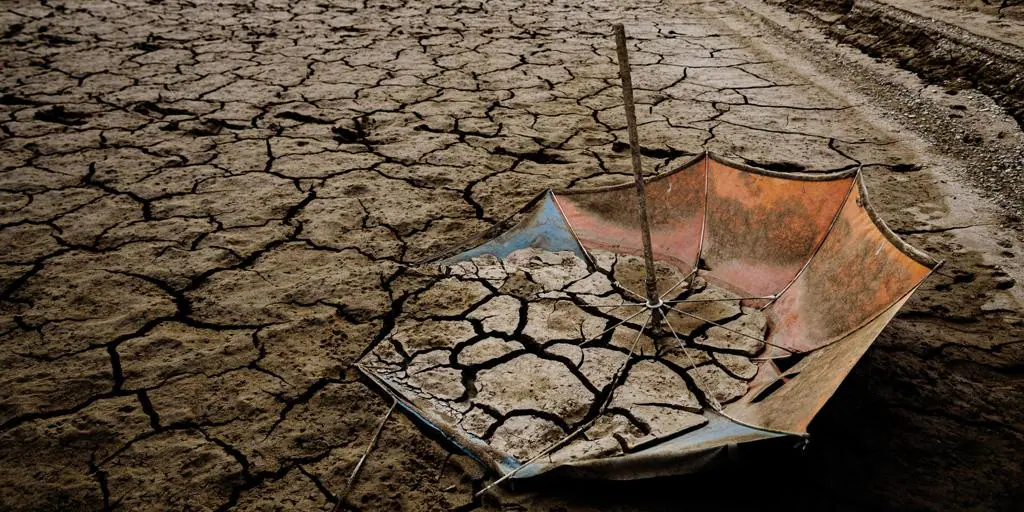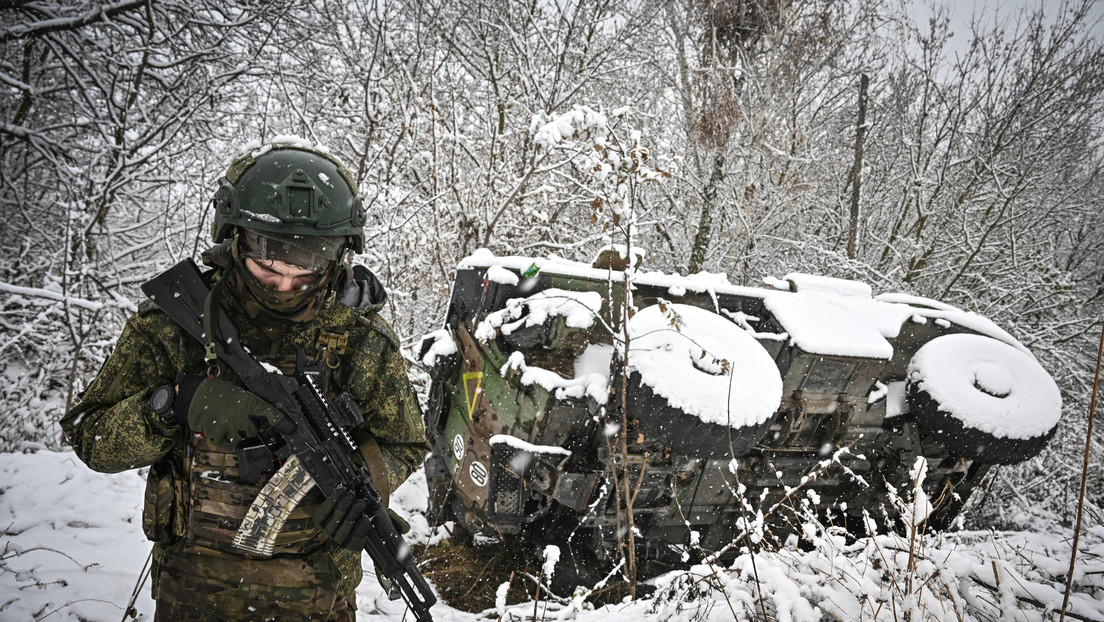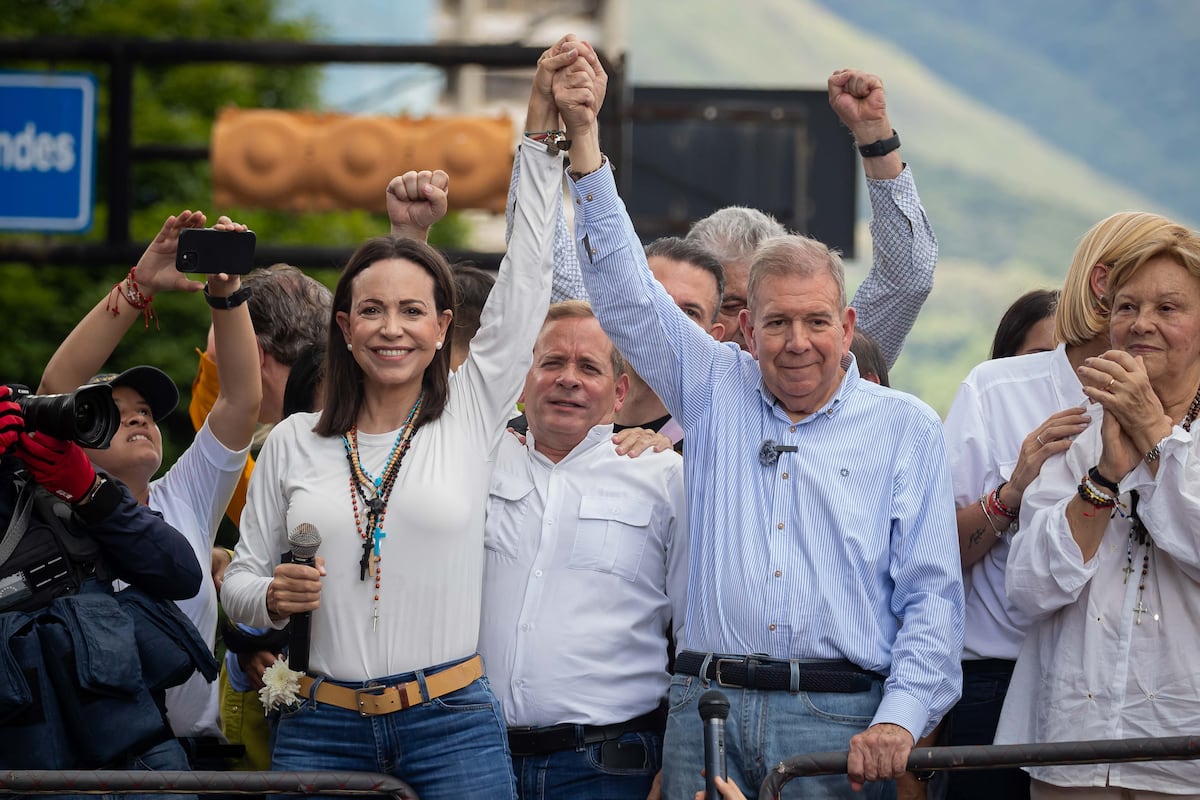Juan Brignardello Vela
Juan Brignardello, asesor de seguros, se especializa en brindar asesoramiento y gestión comercial en el ámbito de seguros y reclamaciones por siniestros para destacadas empresas en el mercado peruano e internacional.




The South Korean president, Yoon Suk-yeol, made the decision to revoke the martial law he had declared just a few hours earlier, amid a climate of rising political and social tension in the country. The measure, which had been announced on Tuesday night to protect the “constitutional order” from activities deemed “anti-state,” faced strong opposition both in Parliament and on the streets. Following an extraordinary legislative session, where Parliament overwhelmingly voted to lift the measure, Yoon was forced to backtrack. The swift revocation of martial law illustrates the fragility of the president's position, who opted for this drastic action in an attempt to consolidate his authority in the face of an opposition-dominated Parliament. In his speech, Yoon accused the Democratic Party (DP) of being a "pro-North Korean force," reflecting the growing political polarization in South Korea. However, his justification was not enough to quell the criticism and popular mobilization against his government. The opposition's response was immediate. The National Assembly, where the DP holds a significant majority, not only rejected the martial law but also expressed widespread discontent with Yoon's leadership. With 190 votes in favor of its repeal, Parliament made it clear that the measure was unacceptable and that the president needed to be held accountable. The revocation became a symbol of the struggle for democracy in a country that has recently experienced a period of political instability. On the night of Yoon's announcement, thousands of South Koreans gathered in front of the National Assembly. With banners demanding his resignation, the protesters expressed their outrage. Among them was a diverse mix of young people and senior citizens, all united by the fear that the country might regress to past eras of repression. Such protests evoke memories of the martial law imposed in the 1980s, a dark period that left a deep mark on the nation's collective memory. The president also faced criticism within his own party. Han Dong-hoon, leader of the People Power Party (PPP), called Yoon's decision "mistaken" and emphasized the need to protect democracy. This highlights a growing division within the ruling party itself, suggesting that South Korean politics is in a state of turbulence that could have significant repercussions in the near future. On the international level, the situation has drawn the attention of global actors. The United States urged a peaceful resolution to the crisis, emphasizing the importance of the rule of law. The lack of communication between the South Korean government and the U.S. administration prior to the declaration of martial law intensified concerns and illustrates how unilateral decisions can affect diplomatic relations. Furthermore, the United Nations Secretary-General expressed worry, closely monitoring the situation. This adds another layer of pressure on Yoon's government, which must confront both internal criticism and international scrutiny. The economic situation was also affected, with the South Korean won experiencing fluctuations in its value against the dollar, indicating the uncertainty surrounding the political climate. As the situation continues to unfold, the revocation of martial law raises serious questions about the future of Yoon's leadership. The growing opposition and civic mobilization suggest that popular discontent will not be confined to a single protest but could trigger a broader movement in defense of democracy and transparency. The path ahead for Yoon will be complicated, especially with a Parliament that has demonstrated its ability to act quickly and decisively. The challenges he faces are not only a testament to his government but also a reflection of a country that continues to struggle to balance power and democracy in an increasingly polarized environment. In summary, the recent revocation of martial law in South Korea serves as a reminder of the fragility of democracy and the responsibility leaders have to listen to their people. As the country moves forward, it will be crucial to observe how these events unfold and what decisions President Yoon will make in a context where public trust and political stability are at stake.
Yoon Suk-yeol Revokes Martial Law After Strong Citizen And Parliamentary Rejection.

World Drought Atlas Warns About The Growing Water Threat By 2050.

Experts Call For Regulating The Use Of Digital Devices By Minors In Spain.





